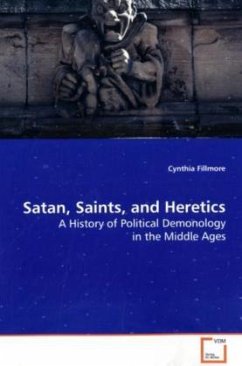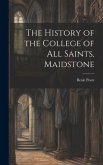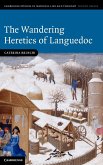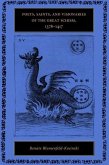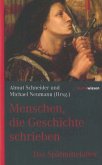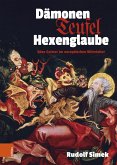In the European Middle Ages, the use of religion to
attain political ends was a routine strategy and
remains a rich source for research. Politics and
religion were so closely intertwined in the Middle
Ages, it can be difficult to separate the knots. This
book examines one thread: How demonology was used in
the politics of power and the evaluation of power
players in the Middle Ages? Embattled kings like
Henry II of England and Philip the Fair of France
could align themselves with the righteous side of the
cosmic battle even against similarly embattled popes
like Boniface VIII and John XXII. Demonology is a
complex, non-linear tradition of texts beginning, at
a minimum, with the earliest books of the Old
Testament. This book is a history of ideas that
demonstrates the importance demonology held in the
Middle Ages and the seriousness of charges of heresy,
apostasy, sorcery, and witchcraft. Every institution
had a responsibility to protect the Christian
community against demonic influences and to save
souls, and every Christian was a member of the Church
Militant acting on behalf of the Church Triumphant.
attain political ends was a routine strategy and
remains a rich source for research. Politics and
religion were so closely intertwined in the Middle
Ages, it can be difficult to separate the knots. This
book examines one thread: How demonology was used in
the politics of power and the evaluation of power
players in the Middle Ages? Embattled kings like
Henry II of England and Philip the Fair of France
could align themselves with the righteous side of the
cosmic battle even against similarly embattled popes
like Boniface VIII and John XXII. Demonology is a
complex, non-linear tradition of texts beginning, at
a minimum, with the earliest books of the Old
Testament. This book is a history of ideas that
demonstrates the importance demonology held in the
Middle Ages and the seriousness of charges of heresy,
apostasy, sorcery, and witchcraft. Every institution
had a responsibility to protect the Christian
community against demonic influences and to save
souls, and every Christian was a member of the Church
Militant acting on behalf of the Church Triumphant.

